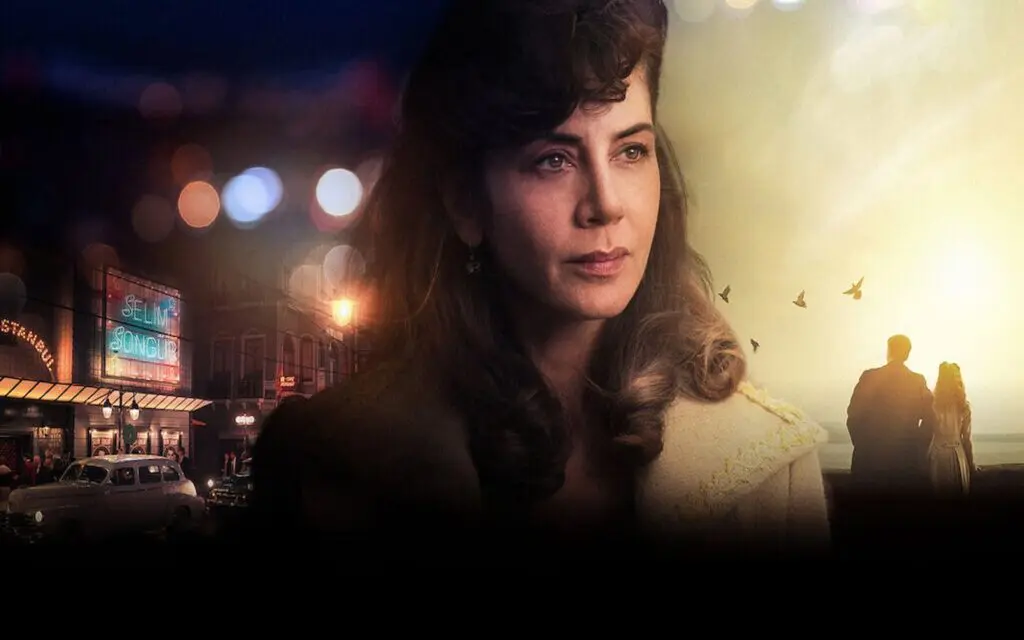This article contains major spoilers for The Club Season 1 Part 2’s ending.
Part 2 of Netflix’s The Club is really just a four-part coda to Part 1, a way to close off some of the lingering subplots and allow the characters to complete their arcs – or at least progress further along them – on the route to a reasonably happy ending that blends this ostensibly true story with some real-life historical context.
In a broad sense, the show has always been about Matilda, an ex-con who returns to 1950s Istanbul to reconnect with her daughter, Rasel, whose father she was imprisoned for murdering. After Part 1, Rasel is heavily pregnant and due to wed Ismet, a Muslim, though his infidelity has always been a sticking point in their relationship and the will-they-won’t-they aspect of this relationship persists all the way through to the end. As it happens, they won’t.
The Club Season 1 Part 2 ending explained
But it takes a while to get to that point. Whereas the end of Part 1 concerned Rasel potentially leaving Istanbul, The Club Part 2’s ending instead suggests that Matilda might, which is a neat reversal but ultimately doesn’t amount to much. Instead, a couple of overlapping stories reach a crucial point literally within the chaos of the Istanbul pogrom, a real-life riot directed mostly against Istanbul’s Greek minority (the episode features real photos of it). Rasel, heavily pregnant, is trapped in the midst of it, and both Ismet and Matilda step out to try and rescue her.
READ: Is Netflix’s The Club based on a true story?
Rasel, by the way, has already abandoned the wedding plans at this point, and having her literally choose between Ismet and her mother here is a pretty on-the-nose way to unpack the theme. But, nevertheless, Rasel finally chooses her mother, and together, with help from Çelebi, they make their way inside the club just as Rasel’s waters break. It’s here that the show’s idea of family, both biological and surrogate, really comes together, with everyone rallying around in solidarity as Rasel delivers a healthy baby. The perspective switch to the baby itself lends a fresh perspective to the show’s final moments, and the tone suddenly becomes more hopeful – a fitting end to a story that has largely been about bad decisions that people were forced into making against their will. Rasel’s child represents a new beginning and a chance for a do-over. Wouldn’t most of us like one of those?




